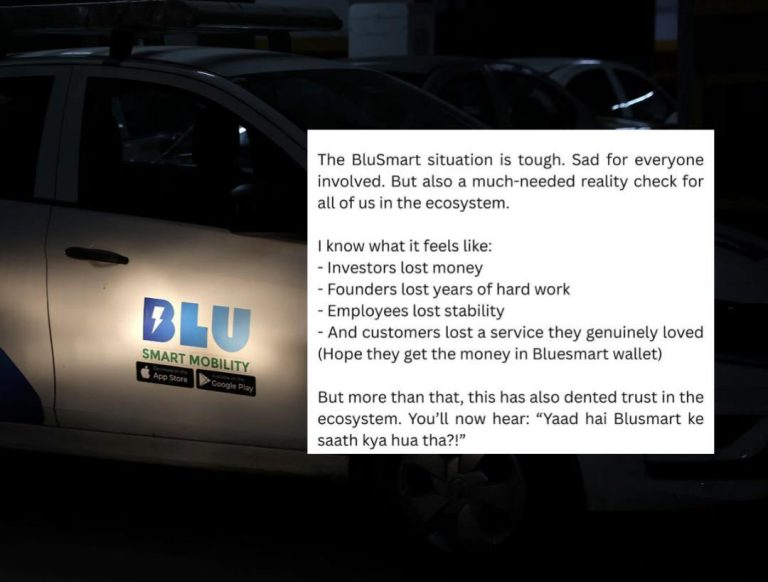
US Student Visa Crisis? SEVIS Rules & Legal Tips Explained
Indian students enrolled in universities across the United States are facing an uncertain future as student visas are being revoked and SEVIS (Student and Exchange Visitor Information System) records terminated. The US Department of Homeland Security (DHS) has enforced a deadline under the Alien Registration Act for all foreign nationals staying over 30 days in the country. This sudden development has raised concerns among current and incoming students, leaving them wondering what to do next. In this blog post, we will delve into the SEVIS rules and provide legal tips to help Indian students maintain their valid immigration status and avoid visa issues.
What is SEVIS?
SEVIS is an online system that tracks information about international students and exchange visitors in the United States. It was created by the US Department of Homeland Security (DHS) to ensure that all foreign nationals comply with the terms of their non-immigrant visas. SEVIS requires students to provide accurate and timely information about their academic programs, living arrangements, and employment status.
Why is SEVIS Important for Indian Students?
SEVIS is crucial for Indian students because it helps the US government monitor their stay in the country. Upon arrival in the US, students are required to register with SEVIS and provide biographic and demographic information. This information is used to verify the student’s identity, academic program, and immigration status.
SEVIS Rules and Responsibilities
Indian students have several responsibilities when it comes to SEVIS. These include:
- Registration: Students must register with SEVIS within 30 days of arriving in the US.
- Updating Information: Students must update their SEVIS information within 21 days of any changes, such as changes in their address, phone number, or academic program.
- Maintaining Valid Immigration Status: Students must ensure that their immigration status remains valid by complying with the terms of their F-1 visa.
Consequences of Non-Compliance
Non-compliance with SEVIS rules can lead to severe consequences, including:
- Visa Revocation: The US government can revoke a student’s visa if they fail to comply with SEVIS rules.
- Termination of SEVIS Record: SEVIS records can be terminated if students fail to update their information or maintain their valid immigration status.
- Deportation: Students who fail to comply with SEVIS rules can be deported from the US.
Legal Tips for Indian Students
To avoid SEVIS issues and maintain their valid immigration status, Indian students should:
- Consult with a SEVIS Expert: Students should consult with a SEVIS expert or immigration attorney to ensure they understand their responsibilities and comply with SEVIS rules.
- Register with SEVIS on Time: Students must register with SEVIS within 30 days of arriving in the US to avoid any delays or issues.
- Update Information Promptly: Students must update their SEVIS information within 21 days of any changes to avoid any penalties or consequences.
- Maintain Valid Immigration Status: Students must ensure that their immigration status remains valid by complying with the terms of their F-1 visa.
What to Do if Your SEVIS Record is Terminated
If a student’s SEVIS record is terminated, they must:
- Leave the US: Terminated students must leave the US immediately and report to their home country.
- Apply for a New Visa: Students who wish to return to the US must apply for a new visa and comply with SEVIS rules.
Conclusion
The US student visa crisis has left Indian students in a state of uncertainty. By understanding SEVIS rules and responsibilities, students can avoid visa issues and maintain their valid immigration status. It is essential for students to consult with a SEVIS expert or immigration attorney to ensure they comply with SEVIS rules and regulations. By following these legal tips, Indian students can navigate the complexities of SEVIS and enjoy a successful academic experience in the US.
Reference:






